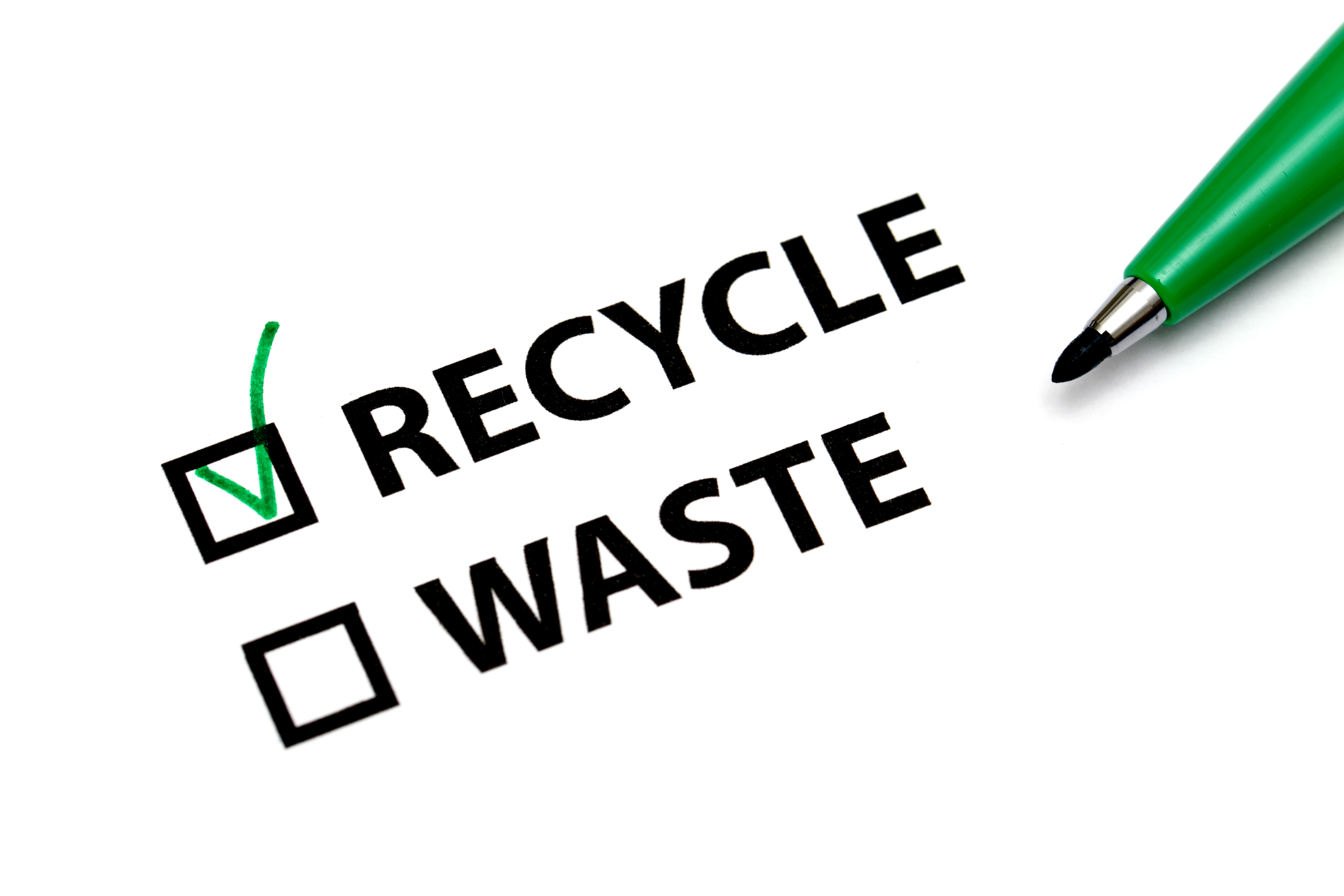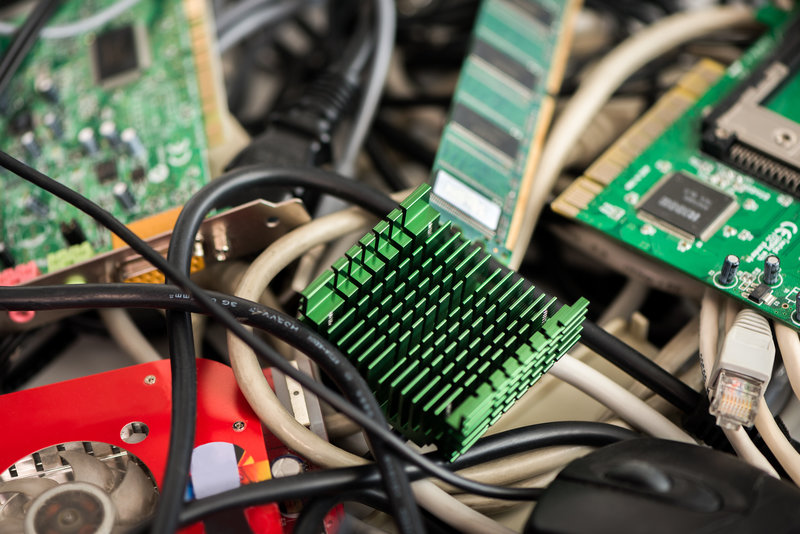Researchers funded by the U.S. government have developed an easier and cheaper way of extracting rare earth elements from magnets in electronics. Now the method will be used by a publicly traded company.

 Associate Editor Jared Paben has worked for Resource Recycling since December 2014. Most of his earlier career was spent as a reporter for the daily newspaper in Bellingham, Wash., but he also has experience working for the Oregon volunteerism commission and for Oregon nonprofits serving low-income populations. He can be contacted at [email protected].
Associate Editor Jared Paben has worked for Resource Recycling since December 2014. Most of his earlier career was spent as a reporter for the daily newspaper in Bellingham, Wash., but he also has experience working for the Oregon volunteerism commission and for Oregon nonprofits serving low-income populations. He can be contacted at [email protected].Researchers funded by the U.S. government have developed an easier and cheaper way of extracting rare earth elements from magnets in electronics. Now the method will be used by a publicly traded company.
 An individual’s views toward electronics recycling tend to align closely with community attitudes toward recycling and reuse in general, a survey suggests.
An individual’s views toward electronics recycling tend to align closely with community attitudes toward recycling and reuse in general, a survey suggests.
 A recent study estimated the volume of used computers and display devices traded among and exported from North American countries to the rest of the world. But the researchers encountered a lack of solid data, and they suggested ways to improve e-scrap export numbers.
A recent study estimated the volume of used computers and display devices traded among and exported from North American countries to the rest of the world. But the researchers encountered a lack of solid data, and they suggested ways to improve e-scrap export numbers.
 Dell has a reputation for a commitment to e-scrap recycling, including its use of recycled e-plastics in new electronics. Tech site Ars Technica provides a look at the supply chain and end uses for the recovered material.
Dell has a reputation for a commitment to e-scrap recycling, including its use of recycled e-plastics in new electronics. Tech site Ars Technica provides a look at the supply chain and end uses for the recovered material.
